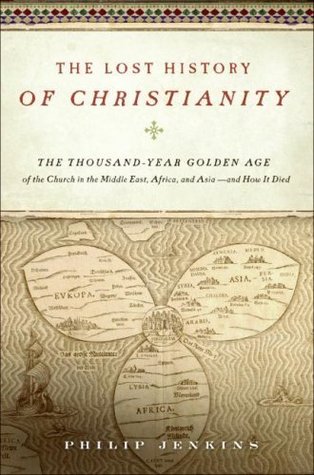The number and importance of such religious dissidents grew steadily with the fifth-century splits over the relationship between Christ’s human and divine natures. Monophysite teachings dominated in Syria and Egypt, and also prevailed in the Christian states of Armenia and Ethiopia. Orthodox supporters of the Council of Chalcedon were so massively outnumbered that they were dismissively known as Melkites—“the emperor’s men”—suggesting that only their desire to please government could account for their wrongheaded opinions.25
Welcome back. Just a moment while we sign you in to your Goodreads account.


